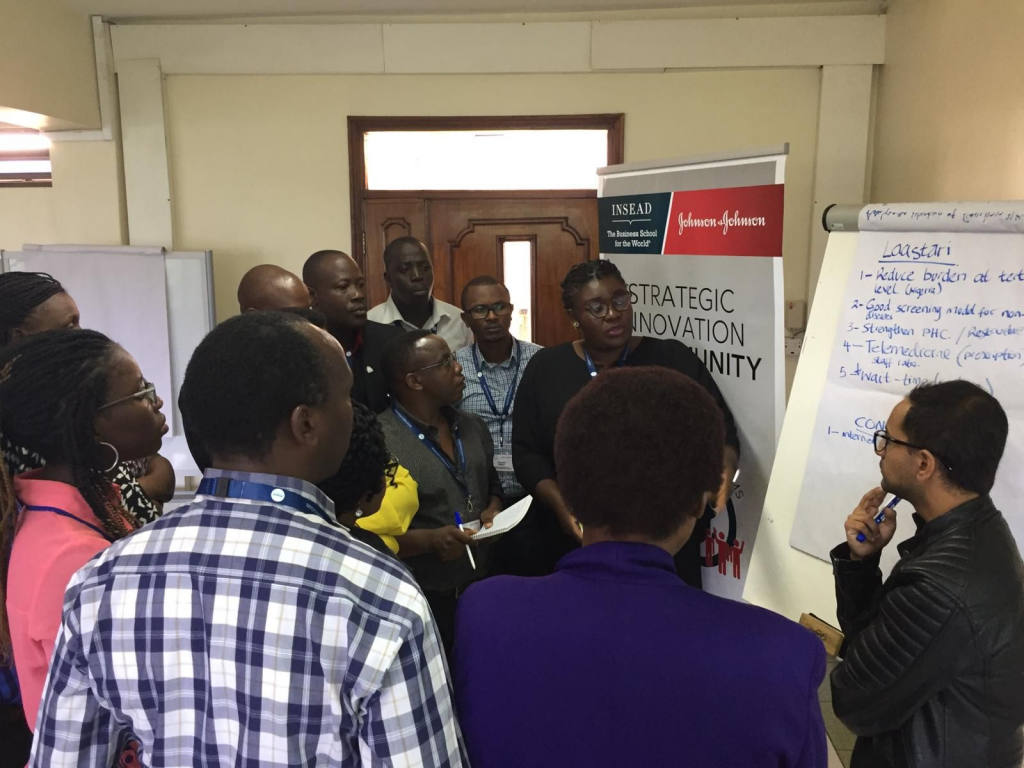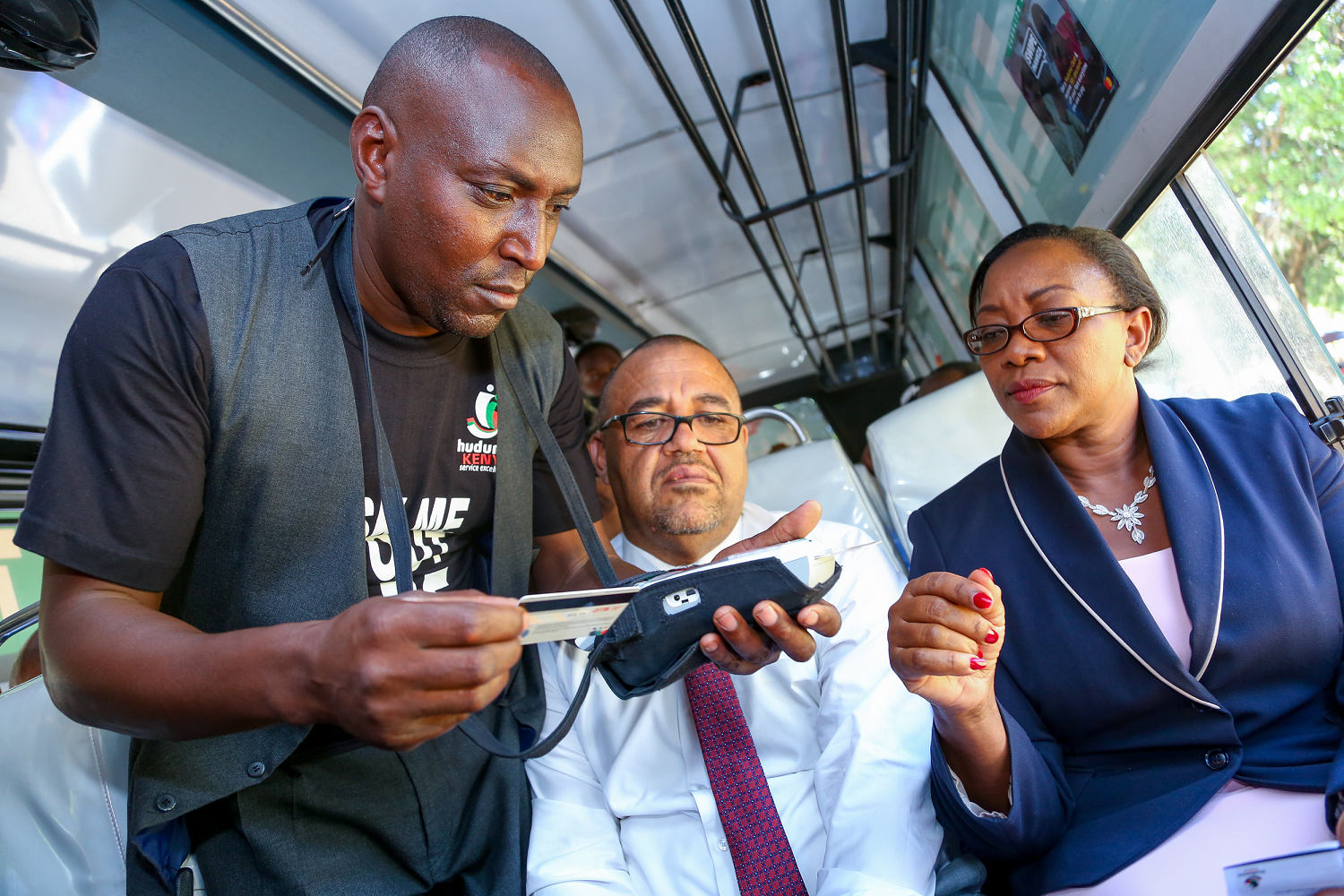Transformation is the process by which the future assaults our lives, and it is important to look at it closely, not merely from the striking perspectives of history, but also from the vantage point of the living, breathing individuals who experience it. The hastening of change in our time is itself a basic force. This accelerative thrust has personal and psychological, as well as sociological, consequences.
This article is about what happens to people when they are overcome by transformation. It is about the ways in which we adapt — or fail to adapt — to the future. Much has been written about the future especially post-Corona-Covid-19. Yet, for the most part, these articles are about the world to come in the context of the Fourth Industrial Revolution (4IR).
Current of change
My argument by divergence concerns itself with the “soft” or human side of tomorrow. Moreover, my concern is with the steps by which we are likely to reach tomorrow. I deal with common, everyday matters — the products we buy and discard, the places we leave behind, the organizations we occupy, the people who pass at an ever faster clasp through our lives. I probe the future of relationship and family life.
I further investigate peculiar new subcultures and lifestyles. What joins all these — in my treatise as in life — is the thriving current of change. A current so powerful today that it overturns institutions, shifts our values and withers our roots.
Advances in recent years have created an unprecedented case for change in the ways in which public services work. We are seeing a greater focus on effectiveness, efficiency and accountability and far more demanding citizens who expect an increasingly high level of service delivery, comparable to what they get from the private sector.
At the same time, in a climate of budgetary pressures and, in the drive for greater efficiency, politicians and regulatory bodies are expecting governments to do more for less. Managers of public services are under pressure to adopt reforms to realize the benefits that new processes, systems and technologies can bring.
To respond to these complex and changing demands and deliver public service value, government organizations are increasingly considering the ways in which their workforces are configured. Designing new ways of working is becoming a key element of public service reform.
We need fundamental thinking of the nature of Public Administration and Management. Increasingly, governments, having set the policy agenda and determined the budgetary allocations, need to become the Tactical Partner of services purchased from a public economy.
In order to encourage innovation, the design and delivery of those services need to be undertaken via increased collaboration between non-government providers and public servants. The role of public servants will increasingly be to facilitate co-manufacturer of services.
Decisions on the most appropriate approach to service delivery should be based on a careful evaluation of the most effective way of creating public value, the default position should be an expectation that an increasing range of government services will be delivered by non-Government organizations.
Frontier of Transformation
We are at the frontier of significant changes to the shape and nature of public services. We are also witnessing major changes in the organisation of work. Taken together, these developments could transform the activities the public service workforce undertakes and the way in which it operates. Evidence from literature suggests there will be significant changes in what public services do in the future as demographics shift, new technologies emerge and citizen expectations change.
Questions of ethics, emotional labour and relational exchanges between public servants and citizens will inform the desired attributes of the public service workforce. Alongside these, are developments in the nature of work. Career trajectories and structures are changing and the traditional boundaries of jobs are starting to break down as people seek portfolio careers and organizations seek individuals who can move from project to project rather than fit a defined role. These changes to work will require public service organizations to respond if they are to recruit the talent they need.
However, despite plentiful commentary about the pending transformation of public services, there is little detail about what that will mean for the future of the public service workforce: what this might look like, the challenges that it will face, the roles that public servants will undertake and the skills that will be needed, and implications for education, development and recruitment.
Challenges
Challenges facing public services are; problem complexity, financial constraints, IT developments, employment flexibility and industrial relations models. What is less clear, however, are strategies for addressing these changes, in part because of the trade-offs associated with any action. For example, addressing complexity requires moving beyond a dominant economic analysis of policymaking and reform; responding to financial constraints required a review of the social contract and a challenge to citizens to maybe do more for themselves.
Traditionally many of those who work in public services are attracted by the idea of making a difference and having an impact.
IT developments demands longer term horizons for planning and investment than politicians allow; employment flexibility breed insecurity and a loss of organizational capacity particularly in policy analysis; and changing industrial relations challenge the values base of public service work that promotes inclusion as well as effectiveness. The multi-stakeholder nature of public policy and public services means that these trade-offs will always be perceived differently by different groups, and a future public service workforce will need to be able to navigate through them.
Policy-not Service Delivery
One way to address these challenges and trade-offs is to focus on the anticipated change in the balance of what public servants will do in the future. Currently, public servants are understood to be those directly employed by government who operate on the border between the political executive and the general population.
The major role distinctions are between those involved in developing policy and those delivering services, with the majority currently employed around the latter function. In the future it is anticipated that the public service workforce will be smaller and focused primarily on policy, not service delivery.
This presents challenges to workforce planners both in terms of identifying and securing the right skill sets, but also in terms of establishing public service workers’ claims to legitimacy, for instance, what makes them distinctive. Traditionally many of those who work in public services are attracted by the idea of making a difference and having an impact, whereas once they may have been, at least in part, attracted by the stability that these sorts of roles offer.
Stability is likely to be less relevant in the future, but the possibility of making a difference is likely to remain a powerful attractor, and demonstrating how this can be achieved in policy settings where influence comes as much from outside the public service as inside will be challenging.
Future Workforce Design
Current public servants need to make a decision about whether they are an active contributor to this process or adopt a more passive position whereby they simply serve to implement visions of change decided by others. If this is to be an active involvement then there is an urgent need to contribute to setting out a view public services of the future and a programme of change to achieve this including change to support the development of a new public service workforce.
READ ALSO >> Before Dancing to the Tune of That Song, Pause and Listen to the Words
Public services tend to change at an incremental pace and radical reform is often difficult to achieve. Consequently, it is essential that a vision for the future and a program for change are established now.
Old and New Skills
A broad range of different skills are associated with the 21st century public service. Some of these relate to technical skills such as decision making and analysis of evidence, and professional and commercial skills as well as the foundational requirement of administrative skills; some to more human factors such as communication, collaboration, co-production, interpersonal, people management and international literacy skills; and others still to conceptual elements such as diagnosis, design and the ability to be flexible. Many of these skills public services already contain although these are not necessarily planned for in a systematic way.
Any change will not be sufficient without attention to cultural factors.
Many of those skills that will require further development in the future relate to different ways of seeing the world than necessarily to specific technical or specialist skills. We argue that many of the sorts of skills that will be important in the future will be ‘softer’ in nature than the professionalized and technical skills that presently dominate recruitment and promotion processes. In some ways, these represent a return to more traditional skills of public Administration.
Strategic Workforce Planning
We do not get the most that we might out of the public service workforce at present because of a lack of information in terms of strategic workforce planning. The development of skills and availability of training and education opportunities is not always as closely tied to people and performance management as it might be. This needs careful consideration for the future, particularly where we may have a context in which the next generations expect different things in terms of the workforce and respect different forms of levers.

Recruiting the future generations may involve more than simply thinking about the types of benefit packages that are made available but will also involve appealing to a value-base and interest in making a difference. In attracting new recruits the public service has a challenge in telling a positive narrative about itself, the breadth of different opportunities available and the chance to make a difference.
Incremental Change
Change in public services is more likely to be incremental rather than radical. Realizing the public service workforce of the future may require a series of incremental changes that together bring about the change that is needed. Working in this way requires very close attention to the smaller, incremental changes that are likely to take effect but are also likely to make a contribution to the broader agenda for workforce change.
Any change will not be sufficient without attention to cultural factors; the public service workforce will need to be supported by an organizational and institutional culture that fosters and rewards the roles and skills identified and which accords public service workers some urgency in the process.
SEE >> Strategic Tools that Give Organisations an Edge Over Rivals
Envisioning future public service
i. Generic skills will be as important as technical skills for future public servants. This lesson is a potentially controversial one and this is not to argue that technical skills are not needed. Technical skills are required and there are gaps often reported in these particularly in relation to contracting and data analysis. However, there are a set of softer and less tangible skills that are becoming increasingly important in relation to communication, digital literacy and person-oriented skills
ii. Future public services will require a different set of workforce roles than in the past. Whilst professional skills remain important, public servants increasingly have a role in negotiating and brokering interests among a broad array of different groups. The public service workforce therefore require a set of relational skills which aid in forming shared values amongst a range of competing interests. Crucial in this skill set of the ability to understand services from the citizen or consumer perspective.
iii. Citizens are changing too. Citizens are less submissive than in the past and increasingly have higher expectations of what public services should offer. Co-production is a central plank of future public services and there are a diverse range of implications for this in terms of the workforce. There are presently gaps in this respect not only in the skills base of public servants, but also in the development opportunities available to hone these skills and the time and space to practice this within organizations.
iv. Ethics and values are changing as the boundaries of public service shift. The public sector ethos has been a common reference point in discussions about public service reform for many years. Ethos captures the sense of an intrinsic motivation to service the public, distinctive from extrinsic motivations such as material reward or fear of sanctions. In a context of increased outsourcing there is a question of whether public sector ethos can survive. Better understanding the bundle of incentives that motivate people to serve the public is part of the workforce challenge for 21st century public services.
v. Emotional labour will be a key element of future public service work. Many public service roles are inherently emotionally demanding and there is consensus emerging over the need for resilient responses to this as a dimension of public service practice. Evidence suggests that emotions are important constituent components not just of the caring professions but also in any roles that involve the spanning of boundaries. If the future of public service roles is to involve greater boundary traversing then this is likely to become of even greater importance to public servants.
vi. Permanent austerity is catalyzing and inhibiting the emergence of new roles. In some places, austerity is severely inhibiting the emergence of new roles, whilst in others, organizations are using this opportunity to fundamentally transform their services. Understanding the contexts under which successful transformation might take place within circumstances of fiscal constraint is clearly an important task.
vii. Hero-leaders aren’t the answer. When leadership is spoken about in the media and in the literature it is often focused on individual heros. However, the evidence suggests that there is a need for a new kind of public sector leader to respond to the changing context, in which leadership beyond boundaries and beyond spans of authority will become important. Rather than focusing on individuals we will need to think about forms of distributed or dispersed leadership.
viii. Many professions are coming to these conclusions, but are tackling the issue separately. A striking feature of the policy literature is that lots of different professions are coming to the same conclusions, but there is little dialogue between service sectors about how to share lessons and encourage staff to work across boundaries. Whilst these individual conversations have immense value there may be benefit from bringing together these contributions and thinking about public service issues in a broader way.
Successful coping with rapid change will require most Public Service staff to adopt a new stance towards the future, a new sensitive awareness of the role change plays in the present.











Indeed this article is a good guidance in the future of public sector service.
Regarding the needful collaboration between non-government providers & public sector so as to encourage innovation, I would say the economic philosophy of Africapitalism provides a good framework for this. Coined by Nigerian entrepreneur & philanthropist, Mr. Tony O. Elumelu, Africapitalism calls upon the private sector to invest in key strategic sectors to achieve economic growth & social prosperity in Africa, more so in a sustainable fashion. Partnership between the private & public sectors is a key ingredient in the achievement of Africapitalism. I believe this partnership will bring about more innovations in a bid to address the challenges in Africa & create more opportunities.
Dr. Achoch you have noted that the default position should be an expectation that an increasing range of government services will be delivered by non-Government organizations. To add to this, thanks to Africapitalism, the private sector organizations are increasingly investing in areas that had traditionally been left for the government. These private sector companies such as Safaricom have come to realize that investing in these areas, for instance the agricultural sector, energy sector among others, means improving the lives of their clients which makes them get more empowered clients and get higher returns on investments due to elevated business as well as the creation of more business opportunities for these people.
Public servants of the future will therefore also need to be skillful in identifying and managing strategic public private partnerships (PPPs) that ensure consumer demands are well taken care of in an empowering & sustainable fashion. Thank you.